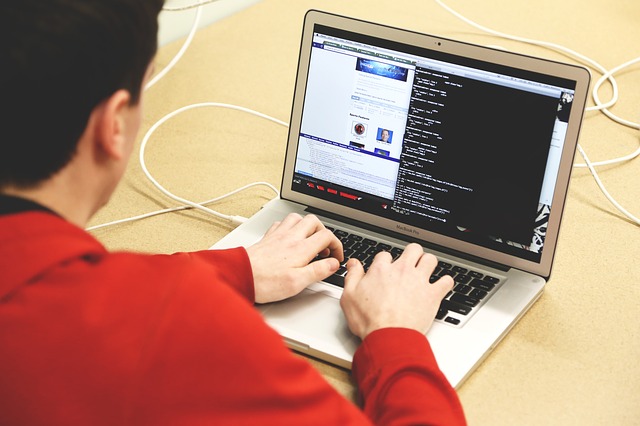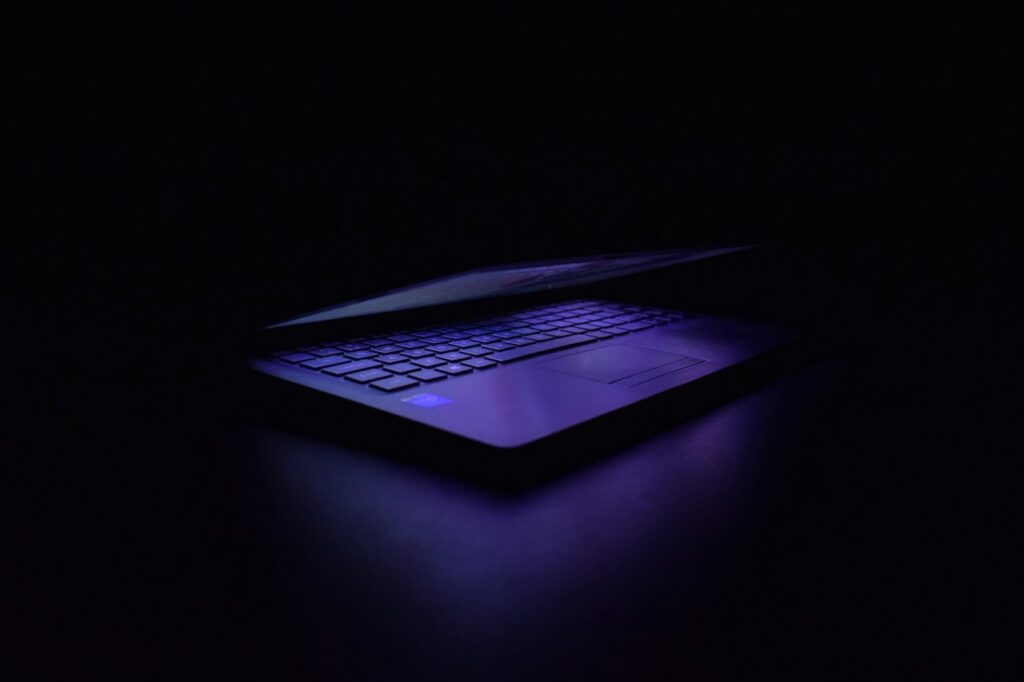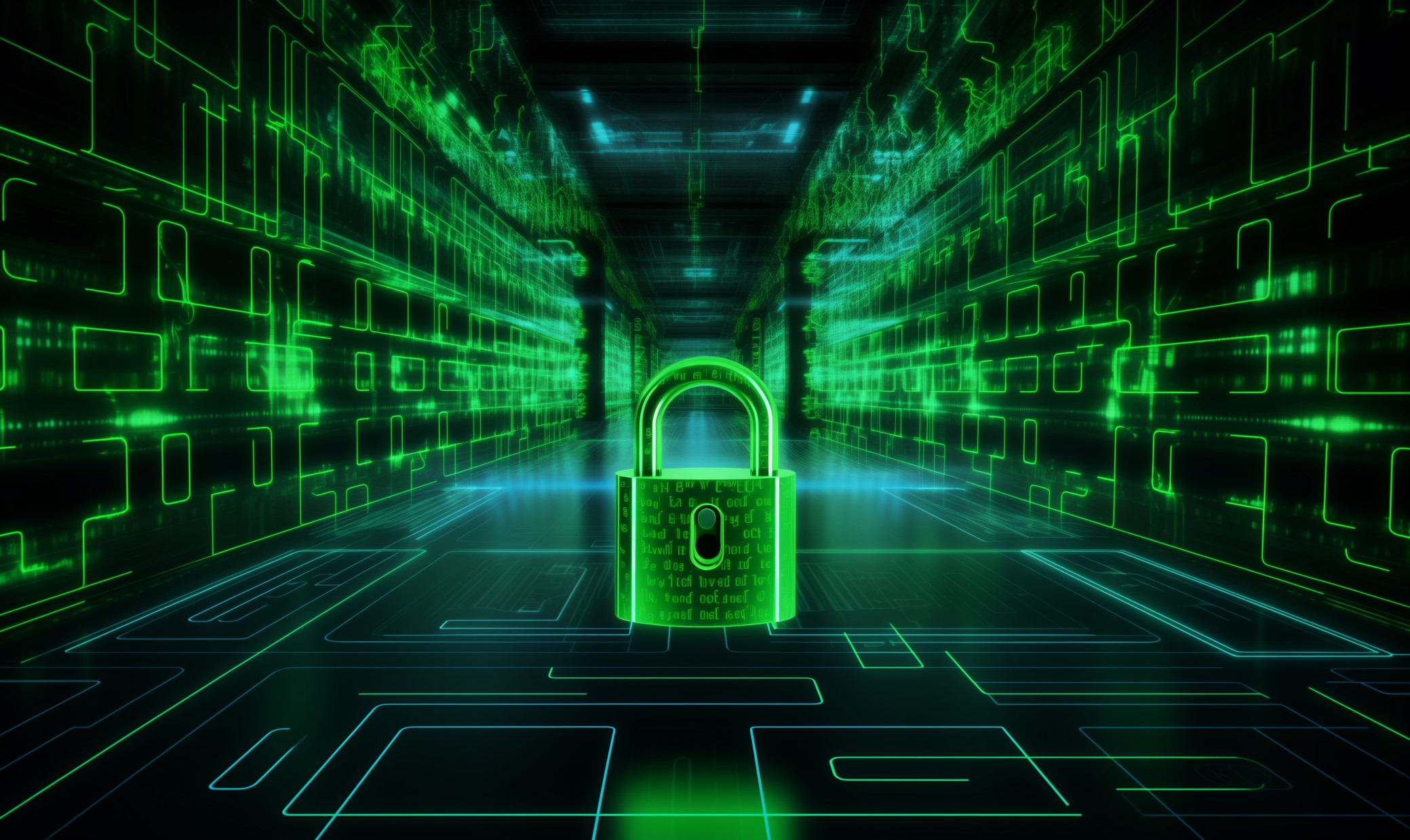Toward the end of 2013, mega retailer Target’s point-of-sale systems were hacked. Pundits say hackers gained access to the company’s networks after getting inside Target’s connected refrigeration system and then hopping over the network from there to steal sensitive customer information. When the dust settled, Target had to fork over $162 million.
You might think that Target’s misfortune would encourage other businesses to invest however much money was necessary to ensure their networks and systems remained secure. But you’d be wrong.
In the ensuing months, we’ve heard about hacks at JPMorgan Chase, Amazon, Anthem and, of course, Sony. Still, the misfortunes of these industry juggernauts haven’t been enough to prevent other well-known entities from suffering similar fates.
And while you might think those hacks were enough to encourage companies to take network security even more seriously, you’d be wrong once more: In recent weeks, GitHub, Slack and British Airways announced they were victims of hackers.
So either the companies aren’t taking digital security as seriously as they should, or there’s a more startling reality: It’s virtually impossible to guarantee networks and systems remain secure. With that in mind, let’s take a deeper look into the three hacks and what they mean for you:
GitHub
The popular coding site GitHub recently announced hackers had targeted it with a distributed denial of service (DDoS) attack, wherein a website essentially gets clogged with an onslaught of excessive traffic and ceases to function properly. Some pundits blame the attack on the Chinese government, which ostensibly had its eyes set on stalling two of the open source projects seeking to undermine censorship.
GitHub executives were quick to assert it appeared China’s attempt to censor its own people was now becoming a bona fide global problem, but Chinese officials denied their involvement. No surprise there.
Slack
Right as the collaboration app boasted its valuation had ballooned from $1 billion to $2 billion in five short months, Slack announced it too was the victim of a cyber attack. The California-based company said the culprits made off with its user names, email addresses and other information, as well as encrypted passwords spokesmen say cannot be cracked.
To restore confidence from its customers after the breach, Slack announced the addition of a team-wide kill switch that would enable managers to automatically log all users out and reset their passwords. This switch can be used the moment a decision maker has security concerns. Slack also announced two-factor authentication, meaning users will have to get behind two different walls to access their accounts.
British Airways
After some of the airline’s customers indicated their frequent flier accounts had been wiped clean, British Airways suspended those accounts, admitting its systems were breached. The airline says none of its customers’ personal information — including credit card information — was compromised during the attack.
Following the breach, company brass reaffirmed British Airways’ commitment to security and protecting its customers’ information. No surprise there, either. While we can expect customers will likely have their frequent flier balances restored in full, the fact the hack occurred in the first place is quite troubling.
OK, So Now What?
It’s pretty safe to say that at this point most companies, should they fall in hackers’ crosshairs, are likely powerless to prevent breaches or disruptions from occurring. Which means you have to be extremely conscious of the vulnerabilities you face when you interact with websites and web applications.
While you can’t prevent hacks from occurring, you can put yourself in a better position to weather the storm, so to speak, should they happen. After all, you won’t be productive if you can’t access your accounts or if you have to spend time on the phone dealing with the aftermath of someone stealing your personal information.
So make sure to craft unique passwords. Update your computer and mobile devices as frequently as possible to make sure they are secure. Don’t download anything from sites you don’t trust. And try not to store a “master list” of information (e.g., user names and passwords, financial information, etc.) anywhere online.
Essentially, it’s time to operate, unfortunately, under the guise anything that you store or access on the Internet can be compromised at any time. Your future self is already thanking you for embracing this philosophy now.
Image by StartupStockPhotos and blickpixel
[mc4wp_form]
Recent Stories
Follow Us On
Get the latest tech stories and news in seconds!
Sign up for our newsletter below to receive updates about technology trends















